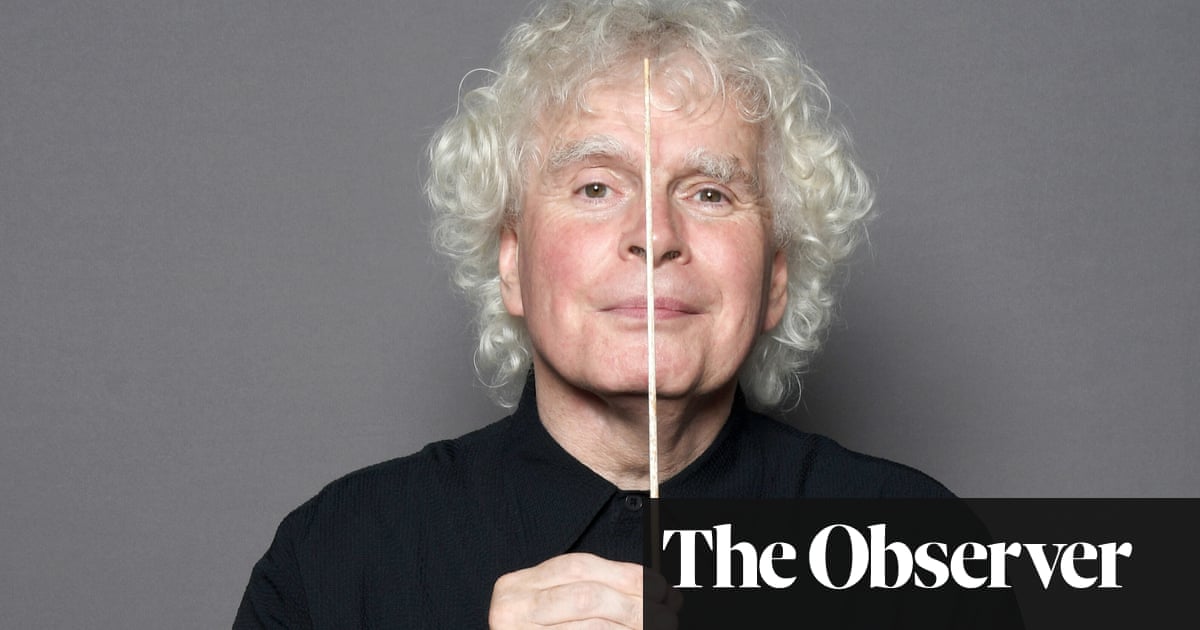An award-winning former human rights lawyer has been given a two-year suspended sentence after admitting to fraud charges linked to false abuse claims made against war veterans.
Phil Shiner, the principal solicitor of the law firm Public Interest Lawyers, was sentenced on Tuesday after being found guilty of misconduct and dishonesty relating to untruthful claims against combatants in the Iraq war.
Judge Hehir told Shiner, 67, there was “obvious dishonesty” but added that the former lawyer was not “motivated by personal greed”.
Sentencing Shiner at Southwark crown court, in south London, Hehir said: “He got carried away with enthusiasm by his client’s cause and his judgment suffered as a result.”
Richard Thomas KC, mitigating, said Shiner had “suffered professional ruin”.
Shiner had made an application to the Legal Services Commission in 2007 in which he sought up to £200,000 of legal aid funding for his firm to represent clients, including Khuder al-Sweady, in an application for judicial review.
According to the National Crime Agency, he received about £3m in the value of the contract, and the ensuing al-Sweady inquiry into allegations of mistreatment and unlawful killing of Iraqi nationals by British troops cost the taxpayer £24m.
The inquiry found that al-Sweady’s nephew, Hamid al-Sweady, had been killed “outright” while fighting, and had been a “willing and active” participant in an attack on British forces. It concluded that the most serious claims of murder and torture were “entirely false” and the product of “deliberate lies”.
During sentencing on Tuesday, Hehir told the court: “The defendant isn’t being sentenced for anything that happened at the al-Sweady inquiry, nor can it be said the judicial proceedings of the al-Sweady inquiry in any sense represent harm.
“They were part of a judicial process that in the end led to some very firm conclusions.”
In making his application to the commission, Shiner failed to disclose that an agent acting on his behalf and with his knowledge had been cold-calling and making unsolicited approaches to potential clients in Iraq.
He also failed to disclose that he was paying referral fees, which is not permitted as part of gaining a legal aid contract.
Shiner, whose firm was based in Birmingham, became a noted figure in the legal world, and was often quoted in the Guardian and the Observer.
He was named human rights lawyer of the year in 2004 for “his tremendous skill, tenacity and dedication to fighting for justice”. In 2007, he was named the Law Society’s solicitor of the year.
A tribunal was told in December 2016 that Shiner had admitted eight allegations of acting without integrity, including one charge that he acted improperly at a press conference in 2008 when he claimed the British army had unlawfully killed, tortured and mistreated Iraqi civilians at the battle of Danny Boy, near Amara in southern Iraq on 14 May 2004.
Shiner admitted nine more charges, accepting that he acted without integrity but denying dishonesty.
The admissions include that he encouraged and authorised an agent – referred to as Z – to make unsolicited direct approaches to potential clients arising from the battle of Danny Boy; that he provided financial benefits to Z to cause or persuade him to change his evidence about how the clients had been identified; and that he on several occasions authorised, procured and approved the payment to Z of improper fees, including a £25,000 payment on 30 March 2009. For the latter charge he denied that the fee related to legal aid cases.

.png) 1 month ago
9
1 month ago
9













































